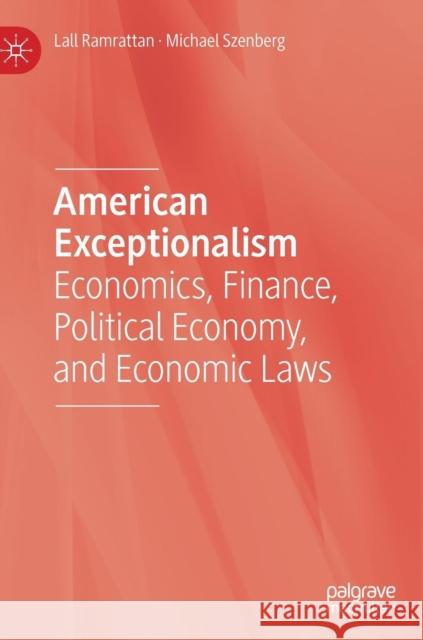American Exceptionalism: Economics, Finance, Political Economy, and Economic Laws » książka
topmenu
American Exceptionalism: Economics, Finance, Political Economy, and Economic Laws
ISBN-13: 9783030055561 / Angielski / Twarda / 2019 / 385 str.
Kategorie:
Kategorie BISAC:
Wydawca:
Palgrave MacMillan
Język:
Angielski
ISBN-13:
9783030055561
Rok wydania:
2019
Wydanie:
2019
Ilość stron:
385
Waga:
0.66 kg
Wymiary:
21.0 x 14.8
Oprawa:
Twarda
Wolumenów:
01
Dodatkowe informacje:
Wydanie ilustrowane











